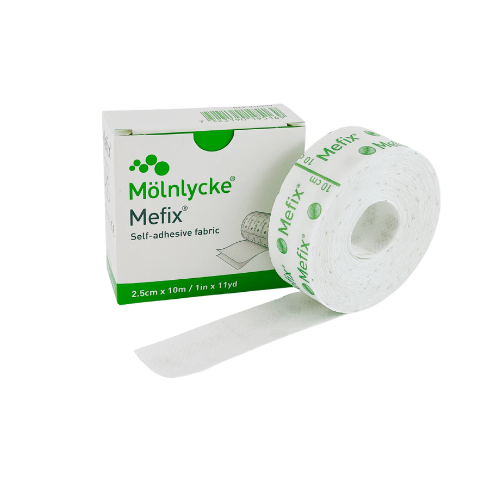As your baby approaches the 8-month mark, they may be ready to start experimenting with finger foods. By this stage, they are likely more skilled at eating mashed foods and are developing the dexterity needed to pick up small chunks of food. Around 9 months, your baby will likely master the pincer grip, using their thumb and forefinger to grasp food, which will help them become more independent during mealtime.
Here’s how you can safely introduce finger foods to your baby and ensure they receive the right nutrition.
First Finger Foods: What to Offer When introducing finger foods, opt for soft, easy-to-chew options since many babies won’t have teeth yet. Suitable foods include:
- Small pieces of soft cheese
- Bite-sized pasta or bread
- Finely chopped soft vegetables
- Fruits like ripe bananas, avocado, and peaches
Avoid hard, sticky, or chewy foods like raw vegetables, nuts, hot dogs, or candy, as these can pose choking hazards.
Feeding Safety Tips
- Always chop food into bite-sized pieces, about ½ inch or smaller.
- Introduce new foods gradually to monitor for any allergic reactions.
- Avoid round, firm foods such as grapes, raisins, and popcorn that could be choking risks.
While your baby will continue with breast milk or formula, they will naturally start consuming more solids and less milk as their nutritional needs evolve.
Your Baby’s Development at This Stage As your baby grows stronger, they may become more mobile, whether scooting, crawling, or moving around in other creative ways. Their increasing independence means it’s a good time to childproof your home if you haven’t already.
Here are some developmental milestones you might notice:
- Sitting independently for several minutes
- Using their hands to transfer toys from one hand to the other
- Pulling up to stand with support and bouncing up and down
Additional Considerations
- Vision: Your baby’s vision is almost as developed as an adult’s, and they can track moving objects.
- Stranger Anxiety: It’s normal for babies to show signs of anxiety around unfamiliar people. Give them time to adjust.
- Communication: Even if your baby can’t talk yet, they understand more than you think. Continue speaking to them and use consistent language for common objects.
Tips for Week 7, Month 3
- If there is a family history of food allergies, consult with your pediatrician before introducing highly allergenic foods like peanuts or eggs.
- Minimize or avoid fried foods in your baby’s diet.
- Avoid offering juice unless it is freshly squeezed and given in moderation.
- Include grains, fruits, vegetables, and meats in your baby’s diet, with two to three meals a day.
- Introduce grain-based finger foods like toast, crackers, or dry cereals, but steer clear of sugary varieties.
- Always ensure your baby eats in a high chair to reduce choking risks.
Though your baby is transitioning to solids, breast milk or formula will remain an essential part of their diet during this phase. Keep the feedings consistent as you gradually introduce more solid foods into their daily meals.




